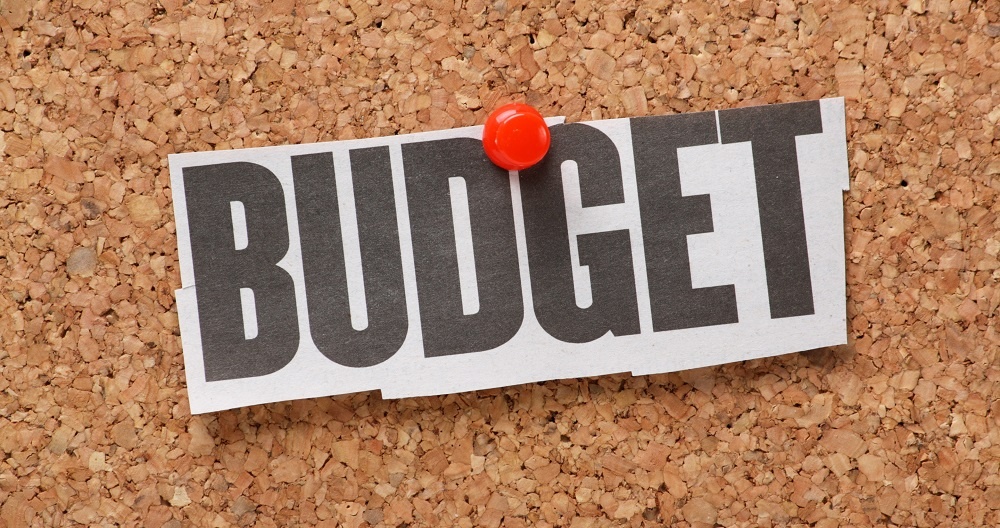Do you ever wonder where all of your money is going each month?
Most of us can easily get caught up in our daily routines and lose focus on how much money we’re spending on things like groceries, streaming services, takeout, subscription services, and more. So when is the last time you reviewed your monthly income and compared it to your monthly expenses?
You may have even noticed that you should have money remaining once all of your bills are paid, but at the end of the month, there is nothing left in your accounts.
If this experience sounds familiar, you are not alone. Most Americans don’t have a complete picture of their finances and don’t take the time to pay attention to all of their monthly expenses. The biggest reason for this common financial mistake? Not taking the time to budget.
Failure to Budget
Most of us can easily add up our fixed expenses, such as housing (mortgage or rent), car payments, insurance, and utilities. And most of us can guess how much we spend each month on gas and maybe even how much we spend at the grocery store.
But, do you have an idea of how much you spend eating work lunches or dinner out in restaurants?
What about your hobbies (i.e. golfing, scrapbooking, movies, etc.)?
What about your vices, such as alcohol, tobacco, or gambling?
Increase Cash Flow With a Monthly Budget
There are many forgotten expenses that can add up to make a significant dent in your budget.
Most experts give the same initial advice to anybody who wants to improve their cash flow.
“Keep a Daily Journal of All Your Monthly Expenses!”
After all, what better advice can you give someone who doesn’t know where their money is going?
We know it may not sound fun to update your journal every time that you buy a 75-cent soda from the vending machine at work, but the concept behind this exercise is promoting awareness and knowing where your money is going. And self-awareness will lead to self-motivation.
Imagine that you discover at the end of the month that you spent a total of $80 just to get your favorite cup of coffee every day. Would that motivate you to cut back on that expense? Would that bury your inner-demon that keeps saying, “It’s only $3 for a cup of coffee?”
Unconscious Spending
Realizing how much money is being spent is a great wake-up call for most people.
“When I did this exercise for the first time, I was shocked to see how much I was spending, or I should say, overspending, on food,” said a former client who tracked their expenses for one full month.
“I knew I was eating out a little too much going into this exercise, but I didn’t realize that I was spending nearly double what I projected. I immediately cut back on eating out and was able to start building up my savings each month.”
If most successful businesses keep track of their income and every expense on a monthly basis, then why don’t you? Don’t you want to be financially successful as well?
Budgeting is not a glamorous chore and most Americans cringe when they hear the word “budget,” but most of us would love to have more money left over at the end of each month. So why not give it a try?
How to Get Started
You’ll need to get receipts or make notes immediately after each purchase or expense.
It is highly recommended to update your journal on a daily basis, otherwise, you may forget some expenses.
And finally, remember to list all expenses regardless of the price. The little things can easily add up.

